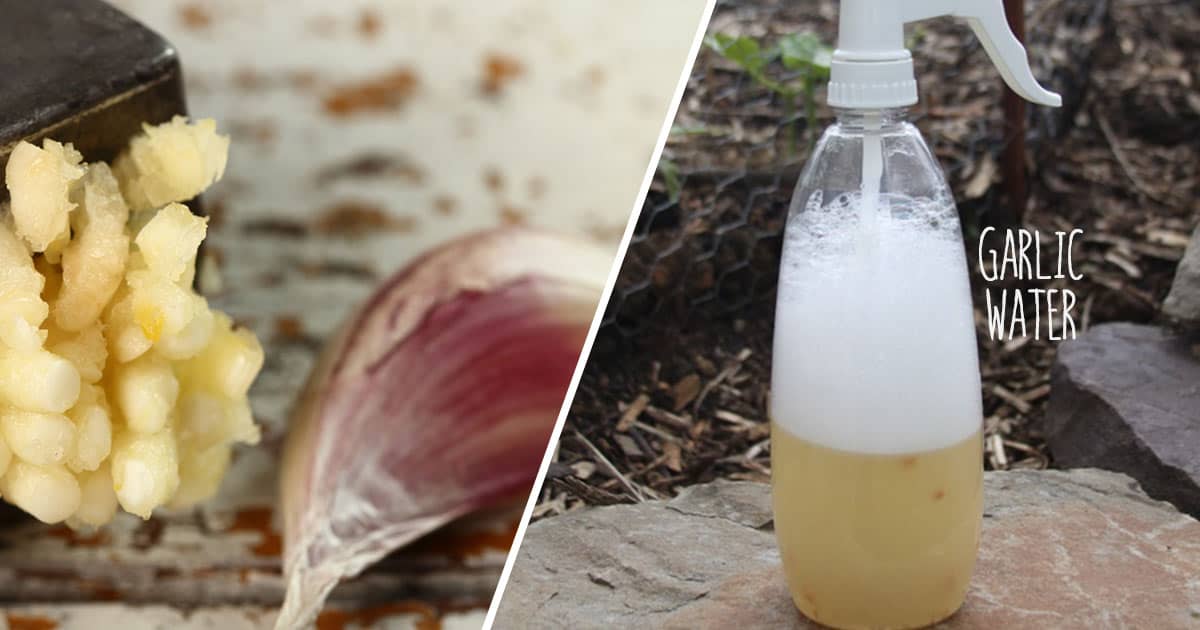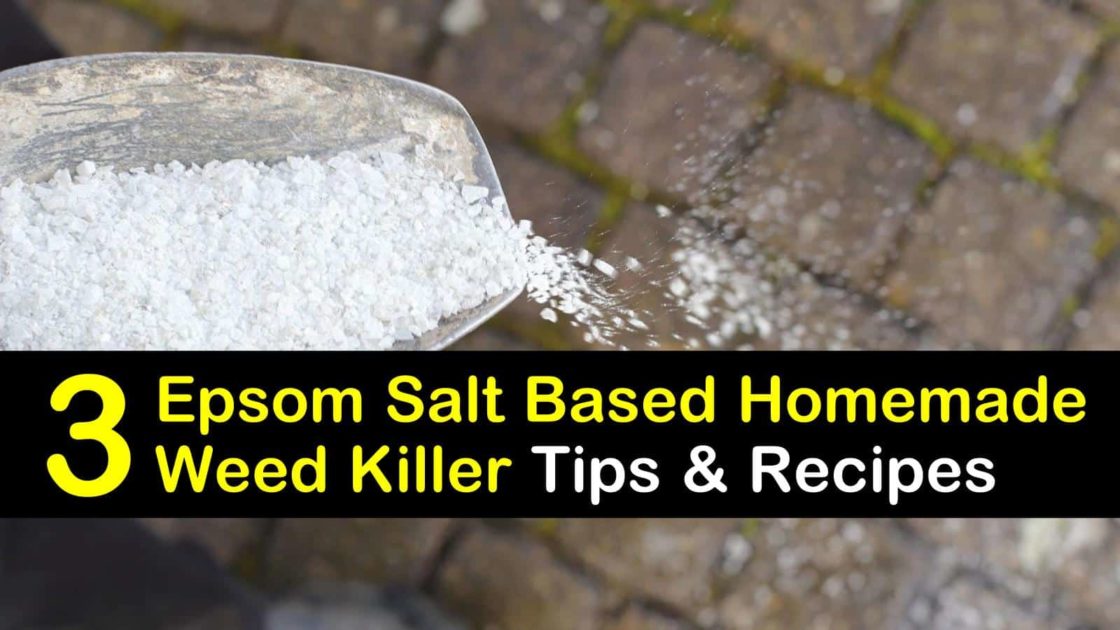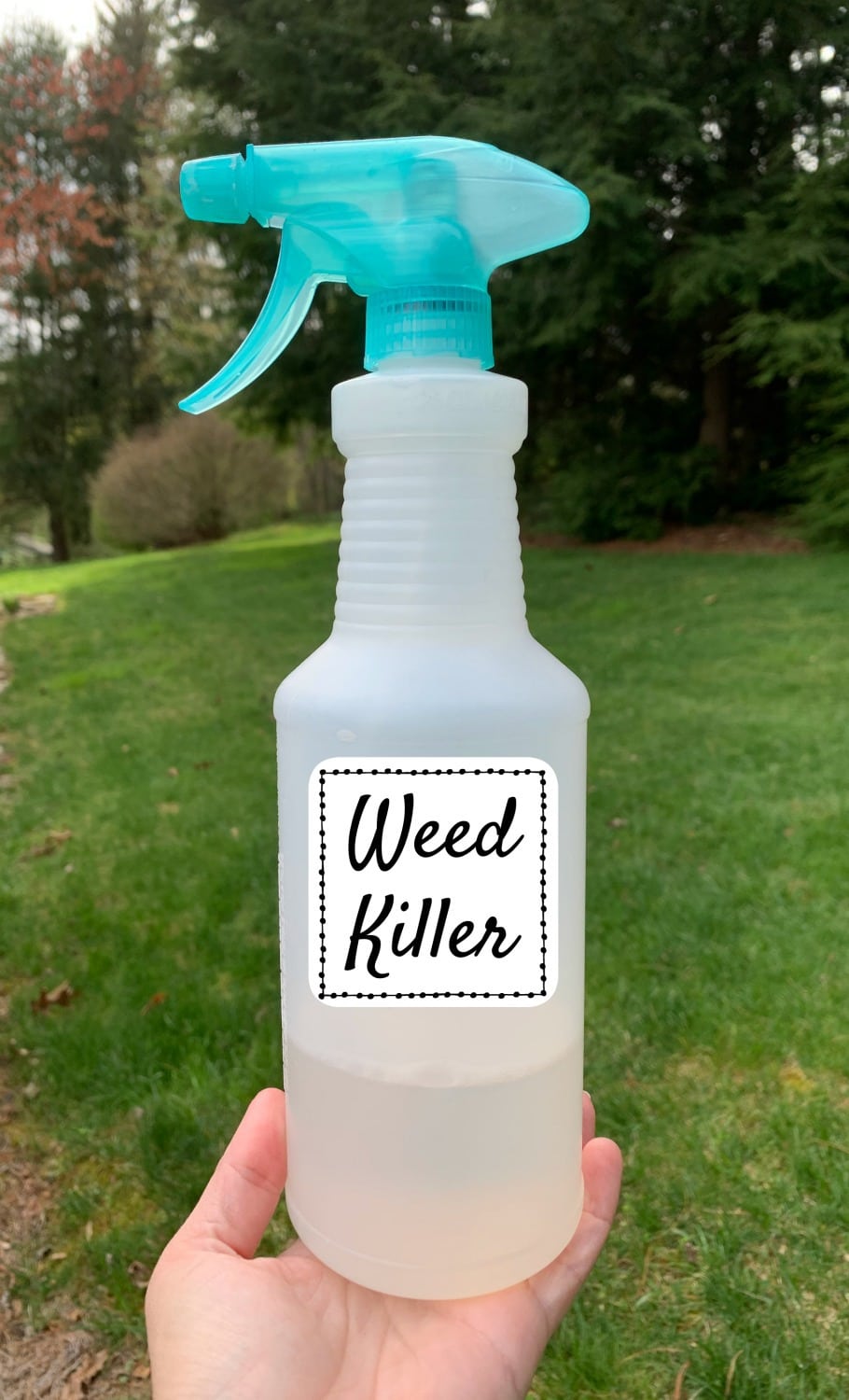Natural Herbicides That Are
Title: Natural Herbicides That Are Effective and Safe
Introduction:
Weeds are a common problem in gardens and yards. They can be unsightly, compete with desirable plants for nutrients and water, and even harbor pests and diseases. While there are many synthetic herbicides available, some people prefer to use natural herbicides that are less harmful to the environment and human health.
Natural herbicides are made from plants, minerals, or other natural substances. They work by disrupting the growth or metabolism of weeds, causing them to die. Some natural herbicides are selective, meaning they will only kill certain types of weeds. Others are non-selective, meaning they will kill all plants they come into contact with.
Natural herbicides can be effective in controlling weeds, but they may not be as fast-acting as synthetic herbicides. They may also need to be applied more frequently. However, natural herbicides are generally considered to be safe for humans and the environment.
Main Content:
Here are some of the most common natural herbicides:
- Vinegar: Vinegar is a weak acid that can be effective in killing weeds. It works by disrupting the cell walls of weeds, causing them to wilt and die. Vinegar is most effective when used on young weeds.
- Salt: Salt can also be effective in killing weeds. It works by dehydrating the plants, causing them to die. Salt is most effective when used on weeds that are growing in salty soil.
- Borax: Borax is a naturally occurring mineral that can be effective in killing weeds. It works by disrupting the metabolism of weeds, causing them to die. Borax is most effective when used on weeds that are growing in alkaline soil.
- Garlic: Garlic contains compounds that can be toxic to weeds. It can be used to make a natural weed killer by mixing crushed garlic cloves with water and spraying the mixture on weeds.
- Cinnamon: Cinnamon contains compounds that can also be toxic to weeds. It can be used to make a natural weed killer by mixing ground cinnamon with water and spraying the mixture on weeds.
- Neem oil: Neem oil is a natural insecticide and fungicide that can also be effective in killing weeds. It works by disrupting the growth of weeds. Neem oil is most effective when used on young weeds.
- Soapy water: Soapy water can be effective in killing weeds. It works by disrupting the cell membranes of weeds, causing them to die. Soapy water is most effective when used on young weeds.
- Corn gluten meal: Corn gluten meal is a byproduct of corn milling. It contains a compound called zeaxanthin that can inhibit the germination of weed seeds. Corn gluten meal is a non-selective herbicide, meaning it will kill all plants it comes into contact with.
Conclusion:
Natural herbicides can be an effective and safe way to control weeds in your garden or yard. When choosing a natural herbicide, it is important to consider the type of weeds you are trying to control, the size of the area you need to treat, and the safety of the herbicide for humans and pets.
Are you looking for a natural way to control weeds in your garden? If so, you may want to consider using a natural herbicide. Natural herbicides are made from plant or animal products, and they are generally considered to be safer for the environment than synthetic herbicides.
There are a variety of natural herbicides available, each with its own strengths and weaknesses. Some popular natural herbicides include vinegar, salt, and citrus oil. Vinegar is a broad-spectrum herbicide that can kill a variety of weeds. Salt is effective against annual weeds, but it can be harmful to plants and the soil if used too heavily. Citrus oil is a contact herbicide that kills weeds by breaking down their cell membranes.
When choosing a natural herbicide, it is important to consider the type of weeds you are trying to control, the size of the area you need to treat, and the safety of the herbicide for your plants and the environment.
To learn more about natural herbicides, visit Home Gardening.
FAQ of natural herbicide
- What is a natural herbicide?
A natural herbicide is a substance that kills plants without the use of synthetic chemicals. Natural herbicides can be derived from plants, animals, or minerals.
- What are the advantages of using natural herbicides?
There are several advantages to using natural herbicides. First, they are generally less harmful to the environment than synthetic herbicides. Second, they are often more effective at killing specific types of weeds. Third, they are typically less expensive than synthetic herbicides.
- What are some examples of natural herbicides?
Some examples of natural herbicides include:
* Vinegar: Vinegar is a common household product that can be used to kill weeds. It works by denaturing the proteins in plant cells, which causes them to die.
* Salt: Salt can also be used to kill weeds. It works by drawing water out of plant cells, which causes them to wilt and die.
* Boiling water: Boiling water can be used to kill weeds by essentially cooking them. This method is best for small areas of weeds.
* Neem oil: Neem oil is a natural insecticide and herbicide that is derived from the neem tree. It works by disrupting the growth and development of insects and plants.
* Garlic: Garlic is a natural herbicide that can be used to kill weeds. It works by releasing sulfur compounds that damage plant cells.
- How do I use natural herbicides?
The specific way to use natural herbicides will vary depending on the type of herbicide and the weeds you are trying to kill. However, in general, you will need to mix the herbicide with water according to the directions on the label. Then, you can apply the herbicide to the weeds using a spray bottle or a watering can.
- Are natural herbicides safe to use?
Natural herbicides are generally safe to use, but it is important to read the label carefully and follow the directions. Some natural herbicides can be harmful to humans or animals if ingested.
- Where can I buy natural herbicides?
Natural herbicides are available at most garden centers and home improvement stores. You can also find them online.
Image of natural herbicide
- Vinegar: Vinegar is a natural herbicide that can be used to kill weeds and grasses. It is effective on a variety of weeds, including dandelions, clover, and crabgrass. Vinegar can be applied to weeds directly with a spray bottle or mixed with water and applied with a watering can.

- Salt: Salt is another natural herbicide that can be used to kill weeds. It is effective on a variety of weeds, including grasses, broadleaf weeds, and even some trees. Salt can be applied to weeds directly with a spray bottle or mixed with water and applied with a watering can. However, it is important to note that salt can also kill plants that you want to keep, so it is important to use it carefully.
- Garlic: Garlic is a natural herbicide that can be used to kill weeds and grasses. It is effective on a variety of weeds, including dandelions, clover, and crabgrass. Garlic can be applied to weeds directly with a spray bottle or mixed with water and applied with a watering can.

- Cayenne pepper: Cayenne pepper is a natural herbicide that can be used to kill weeds and grasses. It is effective on a variety of weeds, including dandelions, clover, and crabgrass. Cayenne pepper can be applied to weeds directly with a spray bottle or mixed with water and applied with a watering can.
- Coffee grounds: Coffee grounds are a natural herbicide that can be used to kill weeds and grasses. They are effective on a variety of weeds, including dandelions, clover, and crabgrass. Coffee grounds can be sprinkled on weeds directly or mixed with water and applied with a watering can.

- Epsom salt: Epsom salt is a natural herbicide that can be used to kill weeds and grasses. It is effective on a variety of weeds, including dandelions, clover, and crabgrass. Epsom salt can be sprinkled on weeds directly or mixed with water and applied with a watering can.

- Lemon juice: Lemon juice is a natural herbicide that can be used to kill weeds and grasses. It is effective on a variety of weeds, including dandelions, clover, and crabgrass. Lemon juice can be applied to weeds directly with a spray bottle or mixed with water and applied with a watering can.

- Soapy water: Soapy water is a natural herbicide that can be used to kill weeds and grasses. It is effective on a variety of weeds, including dandelions, clover, and crabgrass. Soapy water can be made by mixing one part dish soap with two parts water. The soapy water can then be applied to weeds directly with a spray bottle or mixed with water and applied with a watering can.

- Baking soda: Baking soda is a natural herbicide that can be used to kill weeds and grasses. It is effective on a variety of weeds, including dandelions, clover, and crabgrass. Baking soda can be sprinkled on weeds directly or mixed with water and applied with a watering can.

Post a Comment for " Natural Herbicides That Are"